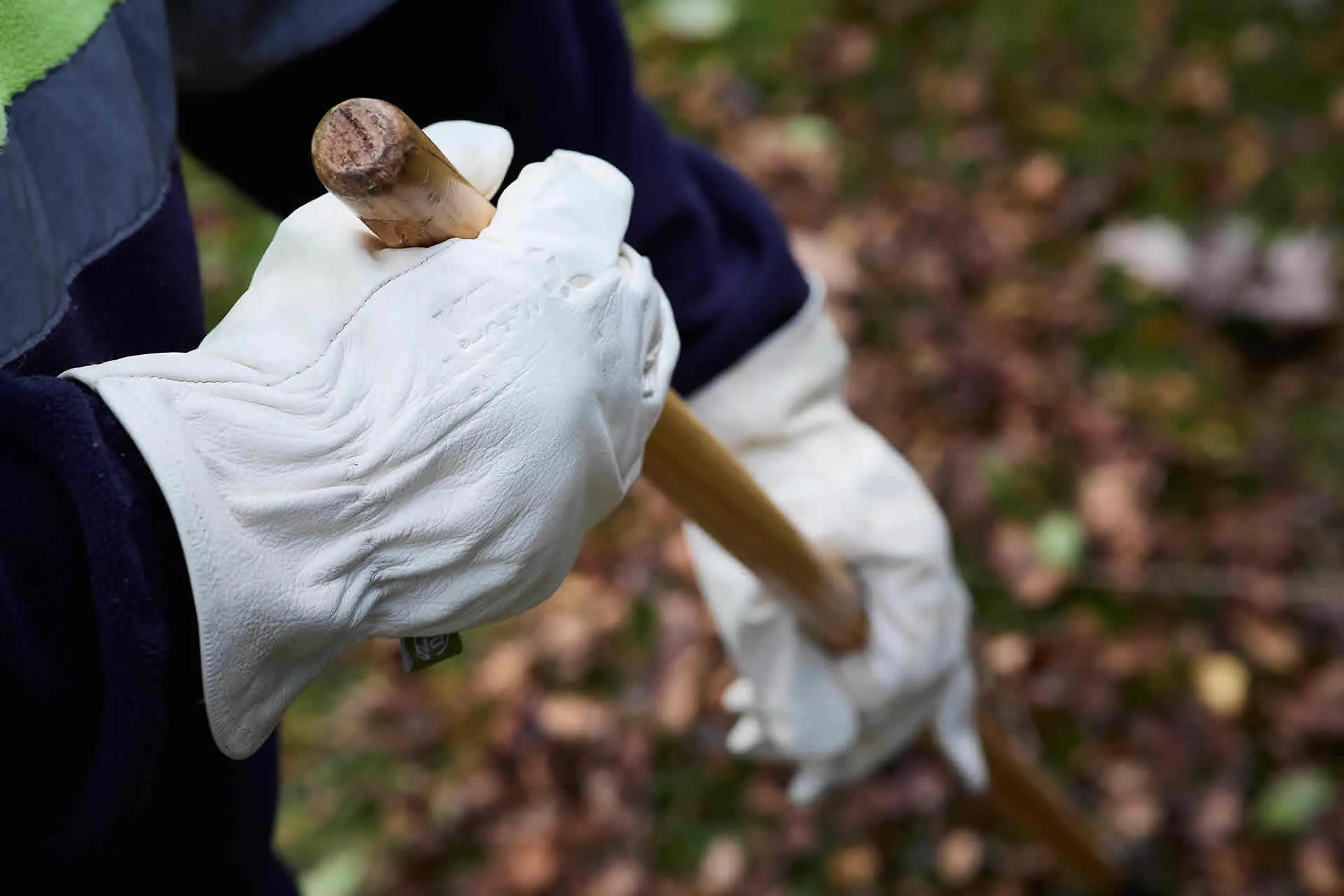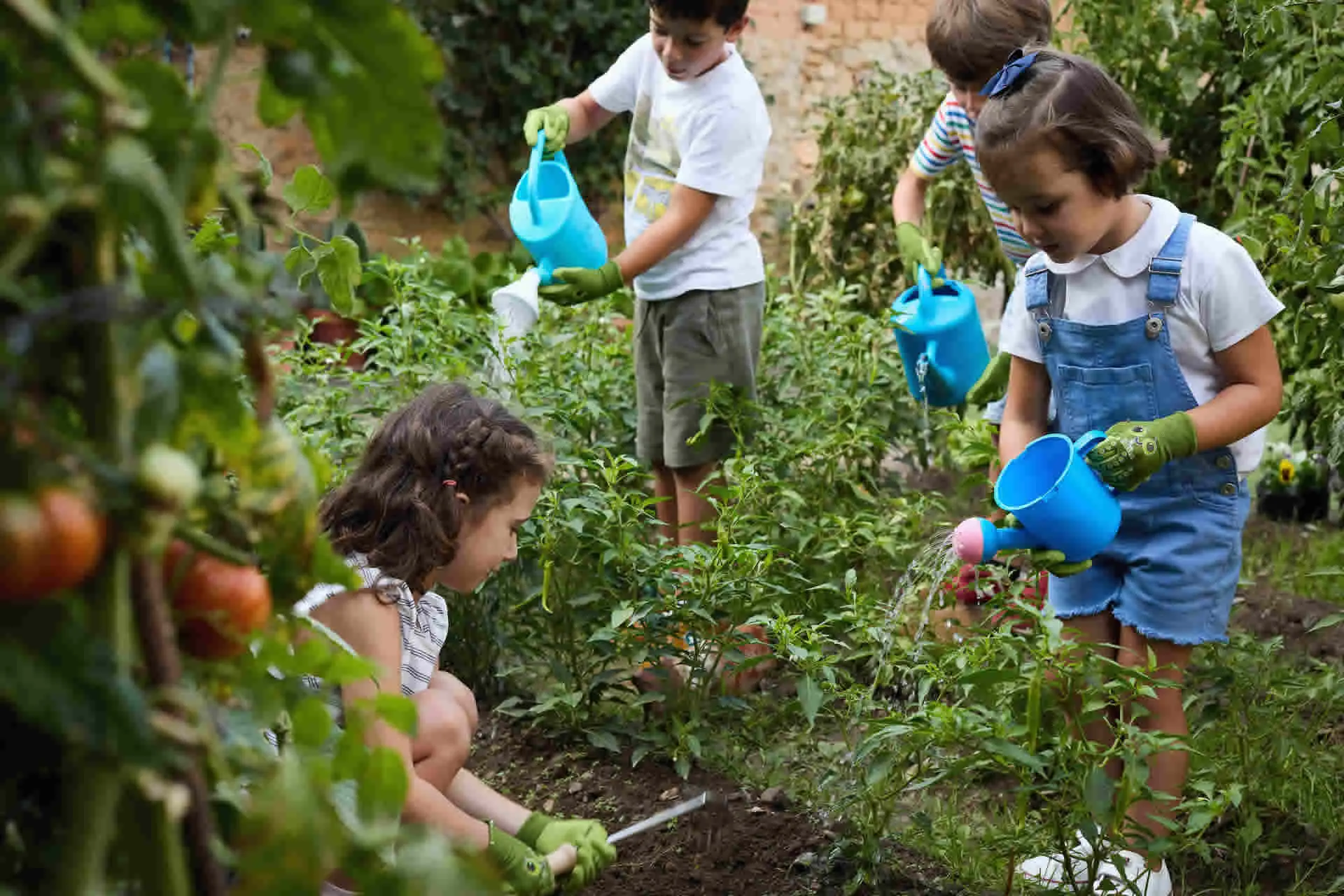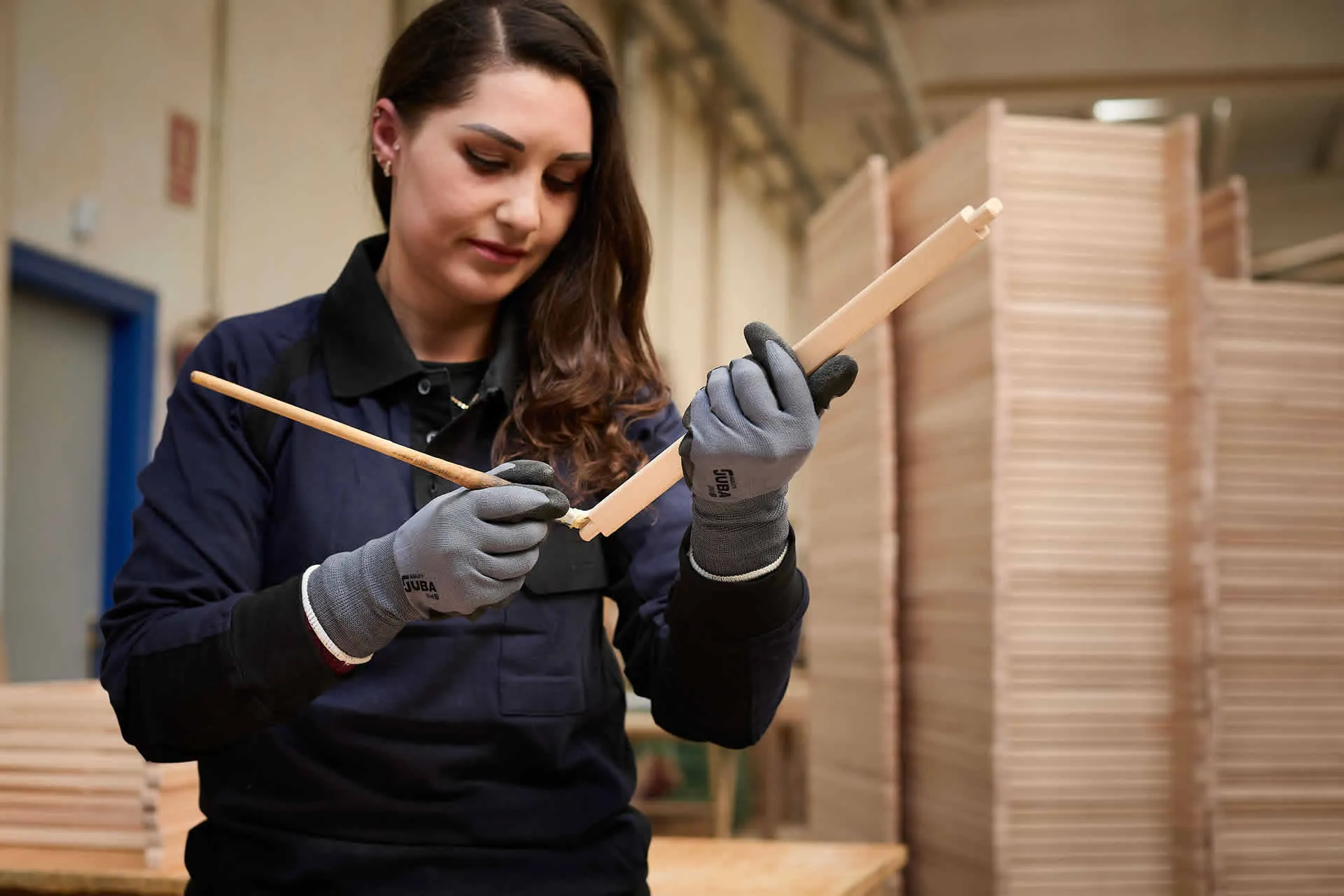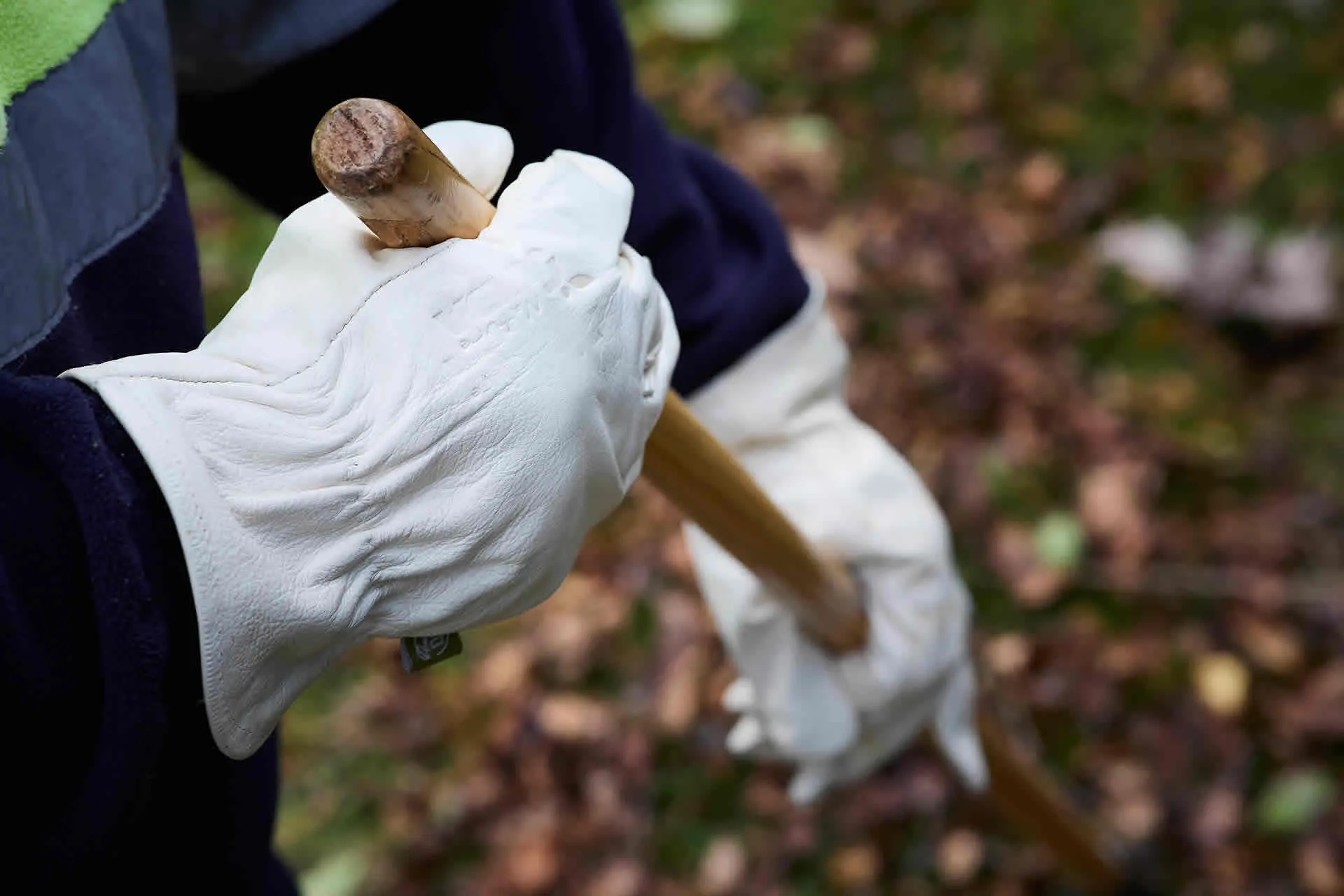
Sustainable products from Juba
The product is at the heart of Juba and is therefore also one of the cornerstones of its sustainability strategy. The incorporation of quality products made from recycled or bio-based materials and the implementation of more responsible processes play a major role in the company's roadmap.

The Nature range led the way with a collection that combines protection and care for the environment. These references in the Juba catalogue promote the usefulness and performance of natural or bio-based materials in protecting the user.
Year after year, this Juba eco range is growing and incorporating new models that can meet the demand of all industrial sectors, in both general protection and more demanding environments for protection against possible cutting, chemical or temperature risks.
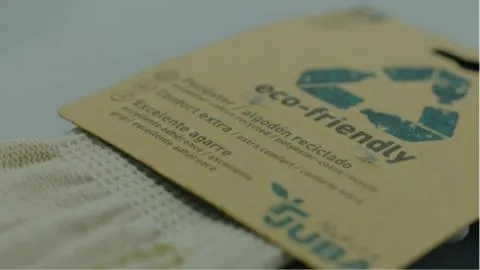
When we say 'Juba Nature' we mean...
Plant-based tanning
The handcrafted tanning method, using only plant-based extracts, provides excellent touch, softness and comfort. Plant tannins obtained from plants, trunks and leaves are natural materials that do not contain chemical agents and whose waste is recyclable.
Recycled fibres
Recycled polyester obtained from regenerated plastic bottles, cotton and viscose. The reuse of materials reduces the water footprint and energy consumption, while reducing waste in the environment.
Biodegradable nitrile
High quality nitrile with accelerators that trigger the degradation of the material preventing the residue from remaining in the soil for many years.
High-performance technology fibres
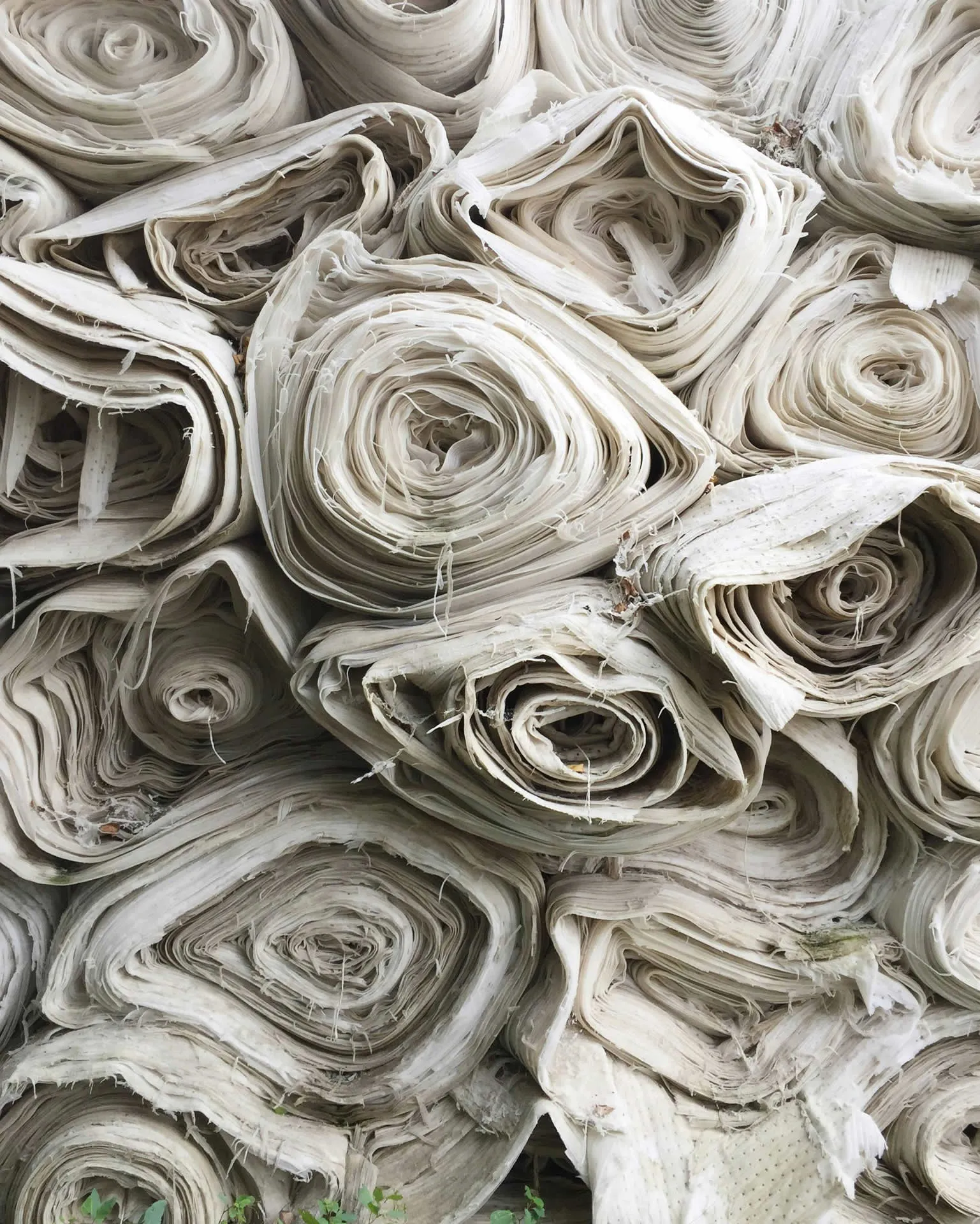
Bio-Based Dyneema
Cut-resistant gloves made of Bio-Based Dyneema have been part of Juba's portfolio for a long time. This is an organically sourced fibre with the same performance as conventional Dyneema fibre: cut protection, comfort, flexibility, breathability. It stems from innovation in the textile sector, using waste from the wood and pulp industry combined with fossil feedstock to produce ethylene, the main component of Dyneema fibre. This fibre reduces the carbon footprint by nearly 90% compared to generic HMPE fibre, optimising protection and comfort for the user. It is also ISCC (International Sustainability and Carbon Certification) certified.
Ingenia
Juba's catalogue also includes gloves made from Ingenia, a high-performance fibre created partially from plant-based fibres, thus reducing environmental impact. This technological fibre gives the user a cotton-soft feeling to touch, as well as being quick to filter moisture and very flexible, and resistant to chlorine and UV rays. Among Ingenia's most outstanding figures are that it contains 37% of sustainably produced materials, uses 30% less energy in its production and reduces gas emissions by 63% compared to the same quality of equivalent filament, such as polyester and nylon.
Recycled material certifications
Juba wanted to guarantee the quality, transparency and sustainable practices of its products with regard to textile recycling. It has therefore certified some of its references with two of today's leading accreditations developed by a global non-profit organisation, Textile Exchange:

Global Recycled Standard (GRS)
Verifies the recycled content of products, as well as responsible social, environmental and chemical practices in their production. The standard covers the processing, manufacturing, packaging, labelling, trade and distribution of all products made from a minimum of 20% recycled material. If labelled, it contains at least 50% recycled material.
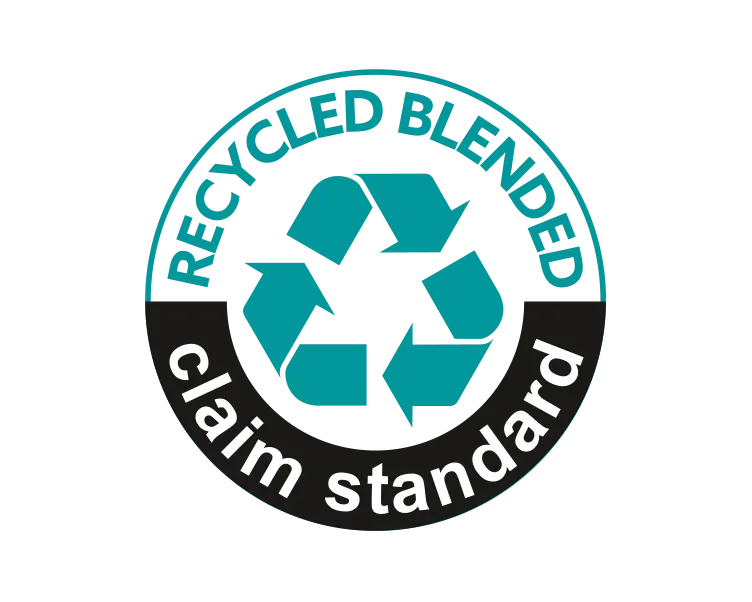
Recycled Blended Claim Standard (RCS)
Aims to maintain the identity of a recycled raw material and therefore tracks the entire production chain, from supply to distribution. In particular, the RCS logo can be used when a product contains at least 5% recycled material. References with the RCS Blended label must have a part of their fabric made from recycled materials.





